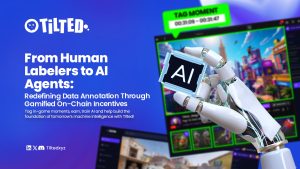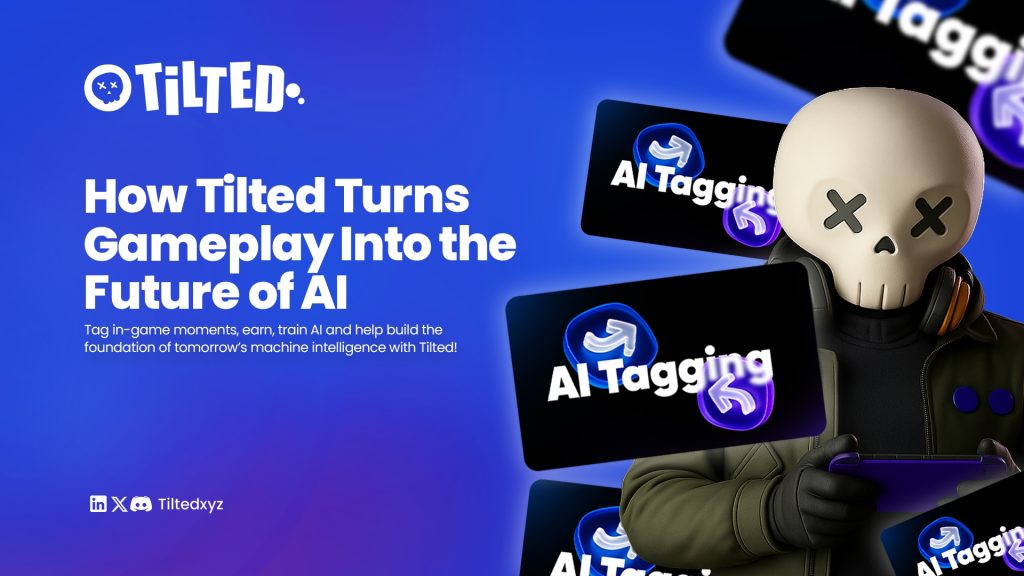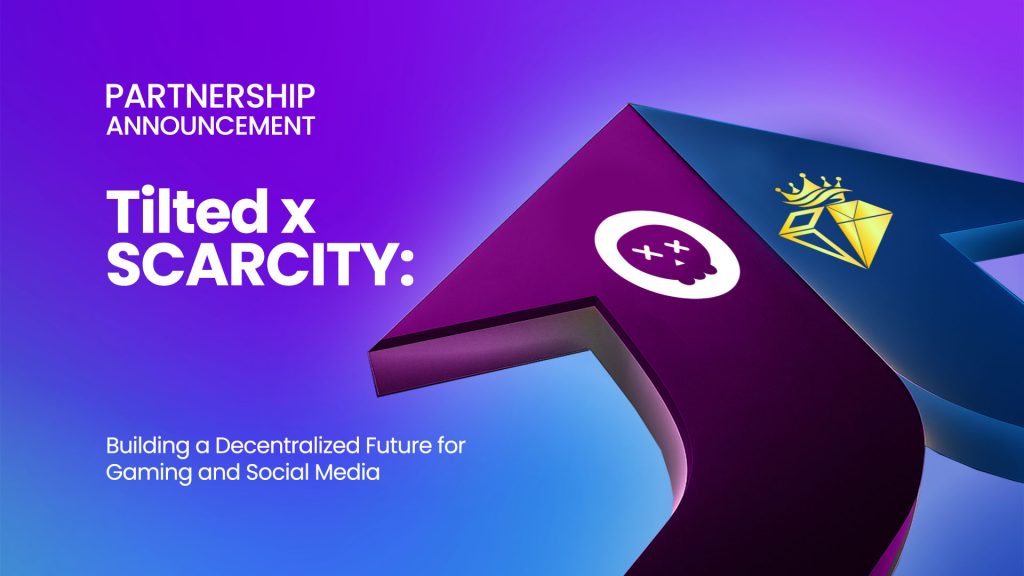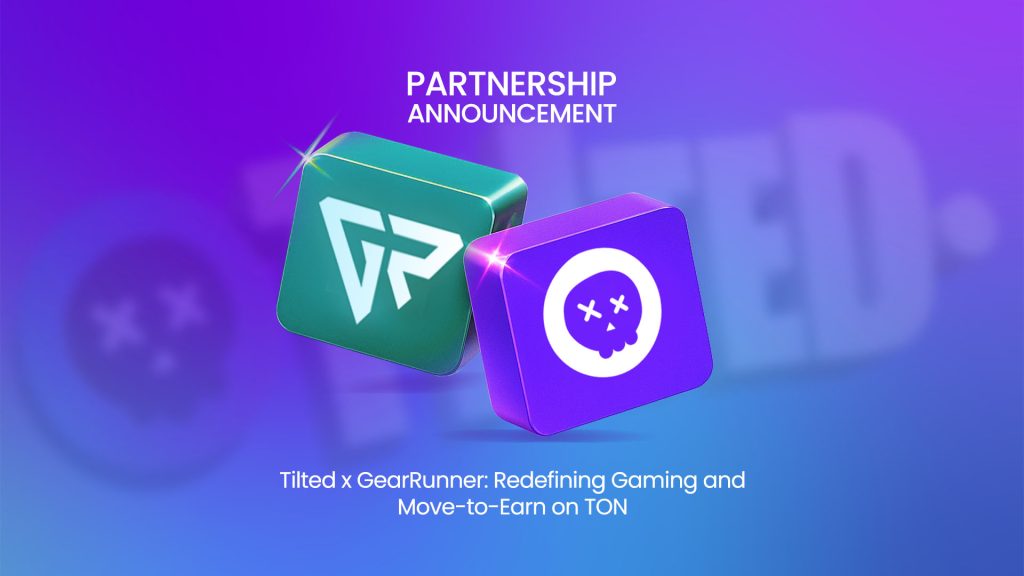As the field of artificial intelligence continues its shift from theoretical constructs to infrastructure-level technologies, the importance of high-quality labeled data has escalated dramatically. The performance, safety, and interpretability of contemporary AI systems, particularly those grounded in supervised learning, remain directly proportional to the precision and context richness of the datasets upon which they are trained (Zhou et al., 2021; Sun et al., 2017). Yet the data-labeling bottleneck persists, driven by the high cost, time requirements, and cognitive burden of producing semantically consistent annotations across domains ranging from computer vision to real-time strategy games. In response, AI annotation agents—autonomous or semi-autonomous systems that generate and verify data labels—have emerged as a promising solution to alleviate these constraints. However, without human-in-the-loop correction mechanisms or contextual knowledge infusion, these agents risk reproducing the same brittleness and misalignment problems that plague the models they aim to serve (Bender et al., 2021).
Platforms like Tilted represent a pivotal evolution in this space by offering a hybridized framework where human cognition and machine intelligence co-produce structured data. Their system, known as Tag & Earn, incentivizes real-time tagging of significant in-game events—such as kills, objectives, and momentum shifts—during livestreams across platforms like Twitch and Discord. These user-generated tags are then verified through consensus models that incorporate both AI-driven heuristics and peer review. What distinguishes Tilted’s model is that the resulting dataset is not merely entertainment telemetry but a time-synchronized, human-contextualized corpus useful to game developers, AI researchers, and predictive analytics platforms.
This development is not merely technical—it represents a reframing of value production in AI workflows. Traditionally, data annotation has been treated as a sunk cost or a low-value labor tier within the AI value chain. By tokenizing accurate annotation through the $TLT cryptocurrency, Tilted transforms annotation into a participatory, remunerated economic activity—what might be termed on-chain data labor. Here, attention and expertise are directly monetized, creating a new labor class within AI supply chains that is both distributed and aligned with quality incentives.

Crucially, Tilted’s long-term vision introduces an even more radical proposition: the ability for users to train their own game-specific AI tagging agents, which can autonomously annotate streams based on personal expertise. These agents, which learn from users’ tagging patterns, preferences, and domain-specific heuristics, can then be minted and sold as NFTs on the Tilted platform. The NFT standard enables these agents to retain provenance, traceability, and market liquidity, turning them into transferrable digital labor assets. For example, a Counter-Strike veteran who has trained a tagging agent to identify momentum shifts, economic pivots, and utility efficiency can now license or sell that agent to prediction markets or game publishers seeking granular performance data.
This framework not only democratizes access to AI training pipelines but also begins to externalize and monetize individual game literacy—the ability to understand, interpret, and act upon complex gameplay patterns. In doing so, it aligns with the broader epistemic turn in AI, wherein context-anchored, situated knowledge is increasingly recognized as a critical input for trustworthy machine learning (Agre, 1997; D’Ignazio & Klein, 2020). The implications for game publishers are profound. With structured, labeled datasets derived from thousands of informed micro-interactions, studios can tune balance patches, model player engagement curves, and anticipate meta-evolutions—all while feeding their proprietary AI systems with richer, more semantically layered data.
Moreover, this structure introduces a feedback loop: as games evolve—through patches, updates, or player innovation—the annotation agents trained on previous versions must be updated or retrained. This creates an ongoing economic role for human contributors, who remain essential not just for initial data generation but for continual AI model adaptation. In a media environment increasingly dominated by synthetic content and generative models, Tilted’s system keeps human insight embedded in the loop, treating players not merely as consumers or speculators, but as critical epistemic agents in the co-evolution of games and AI systems.
Such a system also speaks to the growing urgency around ethical and explainable AI. When annotation pipelines are opaque or crowdsourced through extractive platforms like Amazon Mechanical Turk, error propagation and bias become nearly impossible to track or correct (Gebru et al., 2018). In contrast, Tilted’s architecture offers both traceability and auditability. Every label is tied to a public wallet address, with economic incentives tied to accuracy and validation. The blockchain-based infrastructure introduces mechanisms for data lineage, participant reputation, and provenance tracking—hallmarks of trustworthy machine learning pipelines.
As gaming becomes a testbed for real-time AI deployment—through autonomous teammates, procedural narrative generation, or dynamic difficulty tuning—systems like Tilted position themselves at the intersection of leisure, labor, and machine intelligence. The company’s approach to on-chain annotation, user-agent co-training, and NFT-based agent licensing forms the early blueprint of a decentralized AI training economy, one that is likely to extend far beyond gaming into other high-frequency, high-context domains such as financial trading, remote sensing, and immersive media.
In sum, the contemporary emphasis on data labeling is not a temporary inconvenience but a structural necessity in the evolution of applied AI. Tilted’s contribution is not merely technical innovation—it is a reimagination of participation itself, wherein each viewer, gamer, or strategist becomes a data producer, an AI trainer, and potentially an economic beneficiary of the AI systems their expertise helps build.


